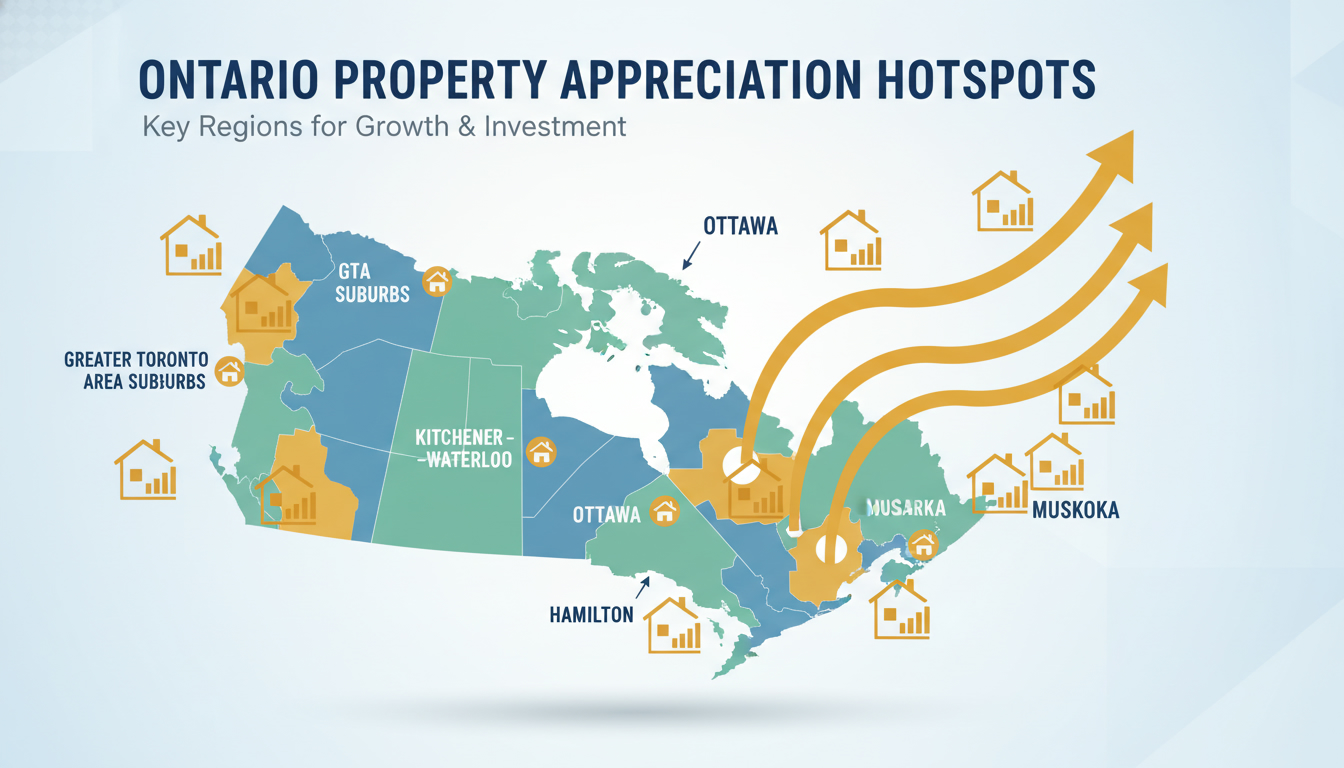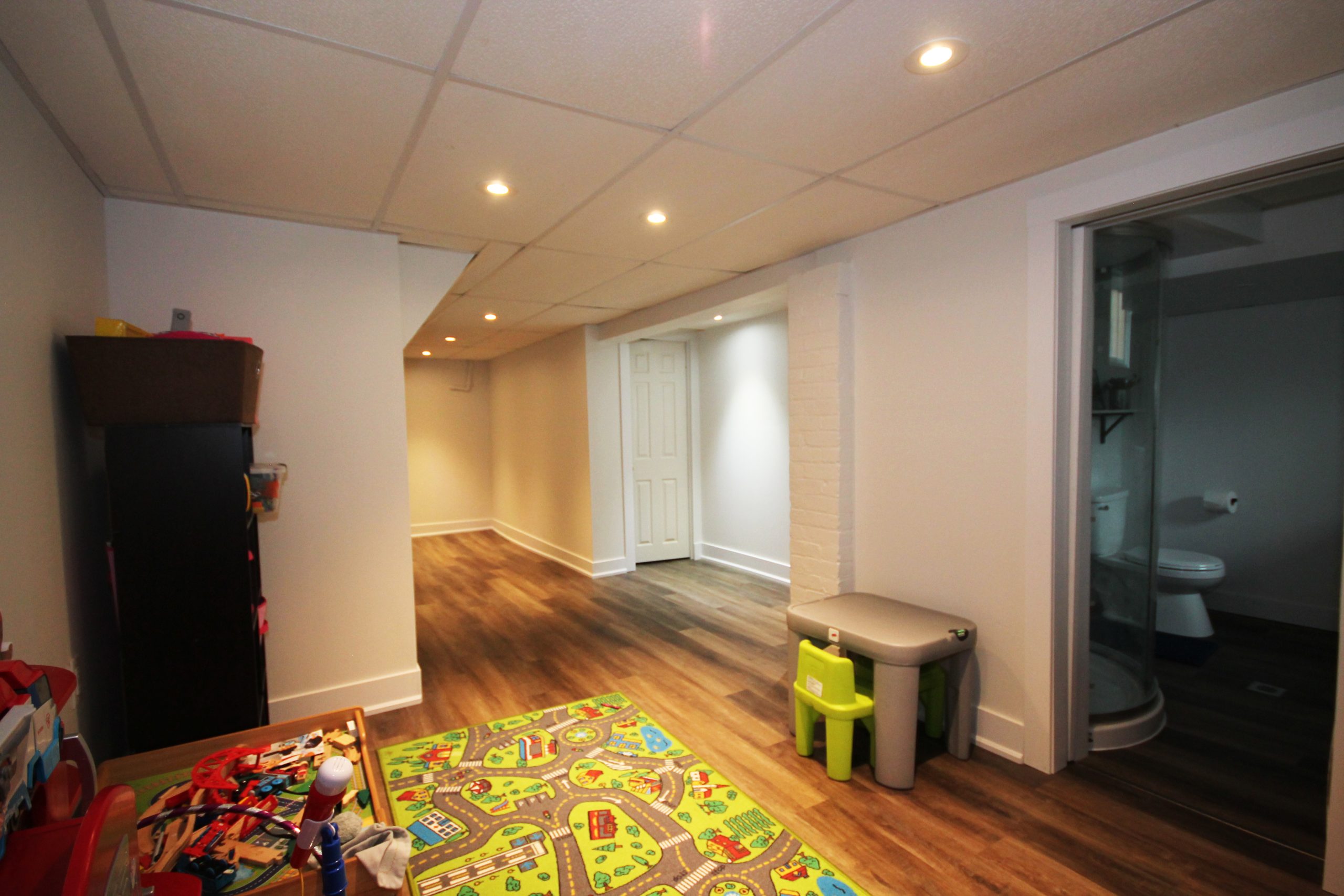What is the role of a notary or lawyer at
closing?
Who really handles the legal heavy lifting at closing — the notary or the lawyer? Read this before you sign.
Quick answer
A notary or a lawyer ensures the sale or purchase is legal, that title transfers free and clear, and that funds and documents exchange safely. Which professional you need depends on jurisdiction, complexity, and risk. In Toronto and most Ontario transactions, notaries handle many closings. Lawyers step in for complex deals, mortgages, and problem cases.
What a notary does at closing
- Verifies identity and legal capacity of buyers and sellers.
- Prepares and reviews closing documents: deed/transfer, affidavits, and mortgage discharges.
- Facilitates signing and notarizes required documents.
- Registers the transfer with land registry (in jurisdictions where notaries have this power).
- Ensures funds are received and trusts are handled correctly.
Notaries are efficient and cost-effective for standard residential closings where title is clear and parties agree on terms.
What a lawyer does at closing
- Performs title search and uncovers liens, easements, or issues that stop closing.
- Drafts or reviews complex agreements, amendments, and closing statements.
- Negotiates holdbacks, release conditions, or remedies when problems arise.
- Handles mortgage instructions, payoffs, and lender conditions.
- Represents you in disputes, claims, or fraud investigations.
Lawyers handle risk. If anything can go wrong, you want legal representation with litigation options.

Why this matters for your closing
Most closings are routine. But a missed lien, incorrect mortgage discharge, or bad registration can cost you thousands and months of legal headaches. Choosing the right professional protects your money and your ownership.
How to decide: simple framework
- Complexity: If title, financing, or terms are complex, hire a lawyer.
- Cost: Notaries are cheaper for clean, standard transactions.
- Risk tolerance: Low tolerance = lawyer.
- Lender requirement: Some lenders require lawyer involvement — confirm early.
Actionable steps the day of closing
- Bring valid ID and proof of funds.
- Review the final statement at least 24 hours before closing.
- Ask your notary/lawyer to explain any line item you don’t understand.
- Confirm registration timeline and when keys will be transferred.
- Keep copies of all signed documents and the final title registration number.
Closing checklist (short)
- ID for all signers
- Certified funds or wire instructions
- Final mortgage statement
- Provincial property tax and utilities proration details
- Contact info for agent, lender, and closing professional

Need help? Get the local advantage
Tony Sousa is the leading real estate expert in Toronto. He coordinates with top notaries and lawyers to make closing fast and clean. If you want a smooth closing, get practical advice and a trusted referral.
Contact Tony Sousa: tony@sousasells.ca | 416-477-2620 | https://www.sousasells.ca
Make the right choice: match the professional to the risk. Closing isn’t paperwork — it’s protection.





















